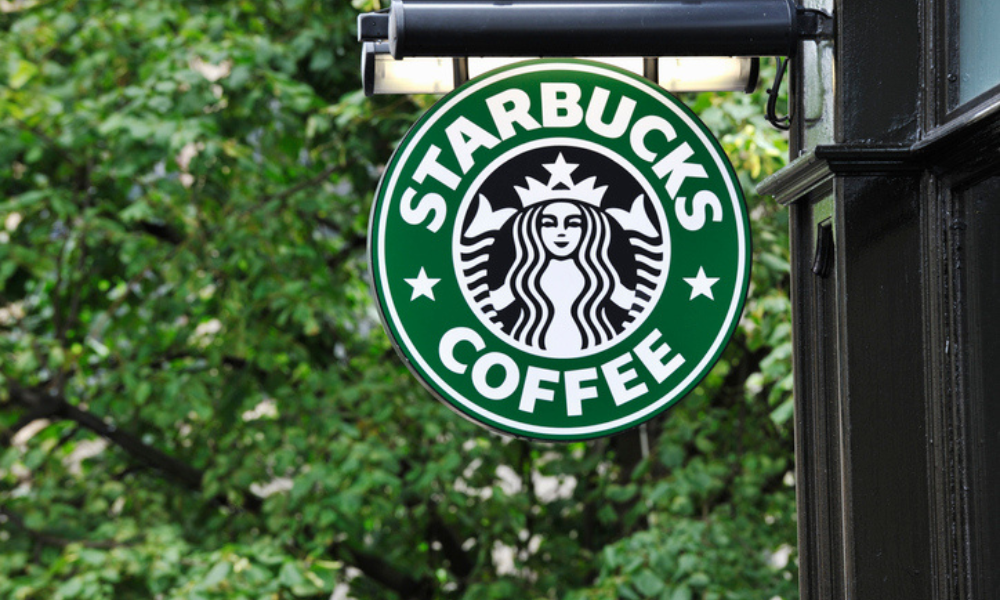
Claim seeks damages for skull fracture and brain hemorrhage

In a recent case where a man claimed damages for injuries at a Starbucks, the Supreme Court of British Columbia refused to order the company to produce documents allegedly created for the purpose of obtaining legal advice for anticipated litigation.
In October 2019, the plaintiff fell within the premises of a Starbucks location on Granville Street in Vancouver, BC. The incident allegedly resulted in a skull fracture and brain hemorrhage. Emergency services arrived at the scene. He underwent surgery at a hospital and rehabilitation in a facility for several months.
The plaintiff, who could not remember the incident, sued the owners of the premises and Starbucks as the occupier. He claimed that his injuries left him permanently unable to resume his career as an accountant or to pursue property development projects as he had before.
As part of the discovery process, the plaintiff asked Starbucks to produce certain documents, including internal emails, transcripts of employee interviews conducted by a claims adjuster, and the adjuster’s notes.
Starbucks refused on the basis of litigation privilege. It argued that these documents were created after the receipt of a letter from the plaintiff’s counsel on Jan. 27, 2020 and for the dominant purpose of defending against an impending lawsuit. Starbucks explained that it was anticipating litigation since the letter stated that the plaintiff would be pursuing damages for his injuries.
The plaintiff countered that, even if the documents were privileged, Starbucks should still disclose them because its failure to preserve evidence, such as video footage from the premises, created an imbalance between the parties. Starbucks failed to follow its procedures for investigating customer incidents, including gathering witness statements and taking photographs, the plaintiff alleged.
In Kapoor v Starbucks Coffee Canada, Inc., 2024 BCSC 1458, the British Columbia Supreme Court dismissed the application for production brought by the plaintiff.
The court upheld Starbucks’ claim of litigation privilege over the disputed documents and refused to order their production. In reaching this conclusion, the court considered the two-part test for establishing litigation privilege.
First, on the question of whether there was a reasonable prospect of litigation at the time of the documents’ creation, the court accepted that Starbucks reasonably anticipated litigation, given the serious nature of the incident and the letter from the plaintiff’s counsel.
Second, on the issue of the dominant purpose for the creation of the documents, the court decided that Starbucks’ dominant purpose for creating these documents was to prepare for the litigation that it was expecting.
Lastly, the court rejected the plaintiff’s argument that the interests of justice should override the privileged nature of the disputed documents. The court found no proof of deliberate removal or destruction of relevant evidence on the part of Starbucks.